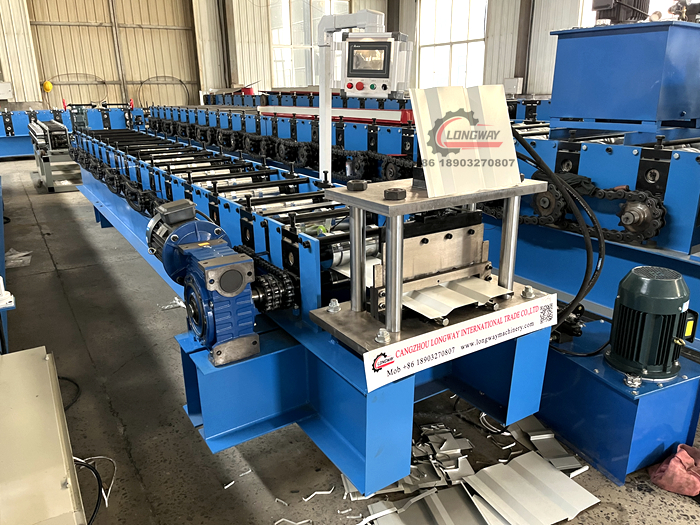Different Types of Gutter Machines and Their Uses for Efficient Gutter Installation
Types of Gutter Machines An Overview
Gutter machines play a crucial role in the construction and home improvement industries, specifically when it comes to the installation of gutters. These machines help homeowners and contractors create custom gutters that fit the specific requirements of a building, ensuring proper water drainage and protection from water damage. Let’s explore the various types of gutter machines available, their features, and the benefits they offer.
1. Seamless Gutter Machines
Seamless gutter machines are designed to produce continuous and seamless gutter sections on-site. This minimizes leaks and requires fewer joints, resulting in a more efficient water management system. The most common materials used in seamless gutter machines are aluminum, steel, and copper. These machines can usually produce gutters of various shapes and sizes, accommodating different property styles and water flow requirements. Their portability allows contractors to create gutters that fit perfectly without any need for extensive cuts or seams.
2. Box Gutter Machines
Box gutter machines are specifically designed to create box-style gutters, which are often used in both residential and commercial applications. These gutters have a square or rectangular shape and are effective in managing large volumes of water, making them ideal for regions with heavy rainfall. Box gutter machines can efficiently produce high-capacity drainage channels, which are critical for preventing water from overflowing or pooling around the base of a building. The machines produce sections that can be easily installed on rooftops, enhancing both function and aesthetics.
K-style gutters are one of the most popular designs in the gutter industry, and machines that produce them are widely used. K-style gutters have a decorative shape, resembling the letter “K,” and provide a sophisticated look while also being practical. Gutter machines that produce K-style gutters can work with various materials, including vinyl, aluminum, and steel. These gutters are designed to handle substantial water flow, making them suitable for a variety of climates. Their machine-made consistency ensures uniformity in size and shape, improving installation efficiency.
types of gutter machines

4. Half-Round Gutter Machines
Half-round gutters are a classic style that is often chosen for their vintage and charming appearance. Generally found on older homes and historic buildings, half-round gutter machines create gutters that are semi-circular in cross-section. These gutters provide an efficient way to channel rainwater, and their design is particularly effective at preventing debris accumulation. Machines that produce half-round gutters can create curves and contours, ensuring fit for various roof styles. They can be made from materials such as copper, aluminum, or galvanized steel.
5. Custom Gutter Machines
For those with specific design requirements, custom gutter machines can be an invaluable asset. These machines allow for specialized shapes and sizes, catering to unique architectural features or specific aesthetic preferences. Custom gutter machines can produce any style your project demands while maintaining the quality and performance of standard machines. They are particularly useful in custom home builds or renovations where standard sizes may not fit adequately.
Conclusion
In conclusion, having a variety of gutter machines enables contractors to meet the diverse needs of their clients. From seamless and box gutters to K-style and half-round options, each machine has its unique benefits, ensuring functionality and aesthetics for any property. The ability to customize gutters further enhances the value of gutter machines in the construction and renovation industries.
Understanding the different types of gutter machines available allows contractors and homeowners alike to make informed decisions when selecting the best system for their projects. Investing in the right gutter machine not only streamlines the installation process but also contributes to the longevity and efficiency of a building's drainage system, ultimately protecting property from the damaging effects of water.
-
Roof Panel Machines: Buying Guide, Types, and PricingNewsJul.04, 2025
-
Purlin Machines: Types, Features, and Pricing GuideNewsJul.04, 2025
-
Metal Embossing Machines: Types, Applications, and Buying GuideNewsJul.04, 2025
-
Gutter Machines: Features, Types, and Cost BreakdownNewsJul.04, 2025
-
Cut to Length Line: Overview, Equipment, and Buying GuideNewsJul.04, 2025
-
Auto Stacker: Features, Applications, and Cost BreakdownNewsJul.04, 2025
-
Top Drywall Profile Machine Models for SaleNewsJun.05, 2025








